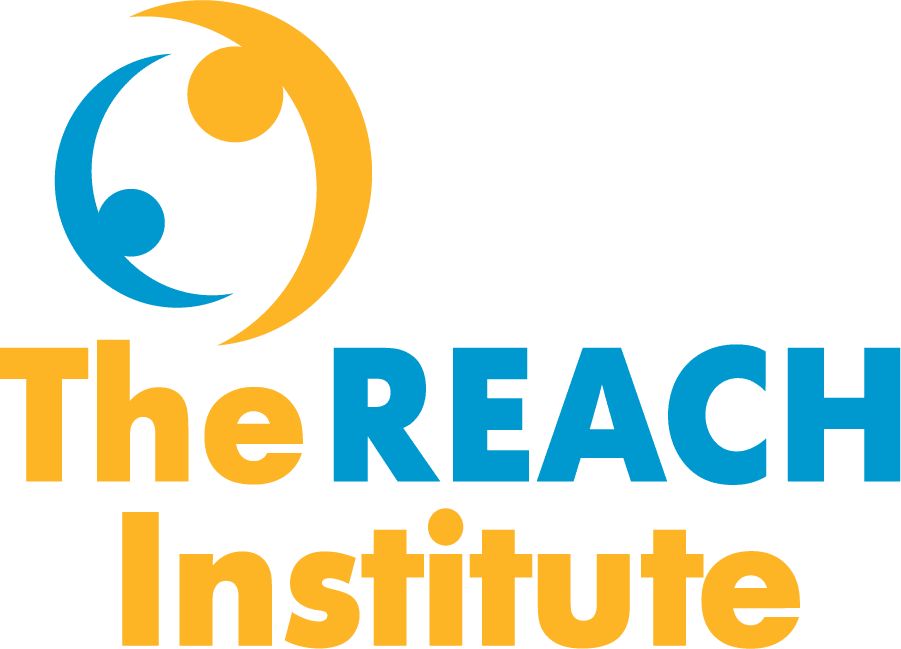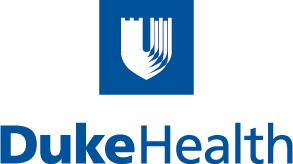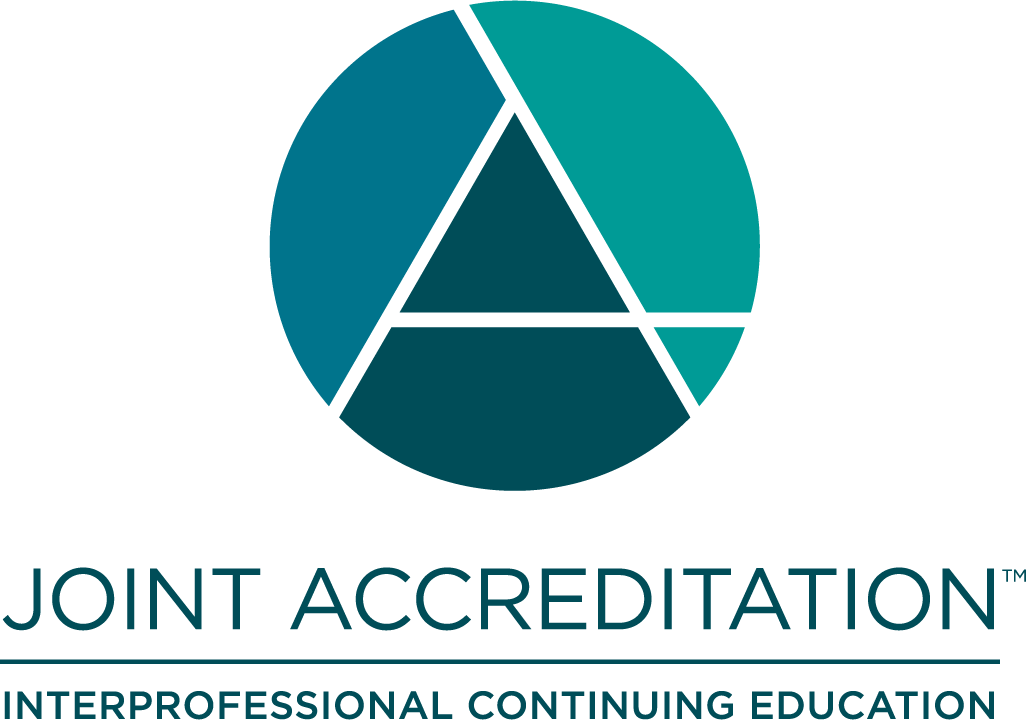The REACH Institute's Patient-Centered Mental Health in Pediatric Primary Care (PPP) course trains clinicians to diagnose and treat mental health conditions they see every day in practice. This program will teach you to manage the most common issues yourself, saving referrals to mental health specialists for complex cases. All pediatric primary care providers in North Carolina are welcome: pediatricians, family physicians, nurse practitioners, and physician assistants.
Participants learn not only to diagnose and treat patients but also to refer families to appropriate supports such as cognitive behavioral therapy. You’ll leave the training with tools you can use immediately:
- Validated assessments to get data from patients and families
- Clinical guidelines for differential diagnosis
- Quick-reference medication guides
- Sample forms for referring patients to psychotherapy
After the training, you’ll be more confident in your diagnosis and treatment of mental health issues.
Our world-class faculty of pediatricians, developmental-behavioral pediatricians, clinical nurse specialists, and child and adolescent psychiatrists will help you transform your practice, increase your productivity, and improve your work satisfaction.
This training has two components:
- A dynamic three-day, 16.25-hour interactive course focused on building skills and confidence in diagnosing and treating pediatric behavioral health problems.
- A six-month case-based follow-up program. Participants join 12 bimonthly, one-hour group conference calls with national primary care and child/adolescent psychiatry experts to solidify their learning.
Participants can earn up to 28.25 CME credits for both components.
Course Goals
In this course, you’ll learn to:
- Correctly identify and differentiate among pediatric behavioral health problems such as depression, ADHD, bipolar disorder, anxiety states (including PTSD), oppositional and conduct disorders, and psychosis.
- Effectively manage psychopharmacology: select medications, initiate and taper dosages, monitor improvements, and identify and minimize medication side effects.
- Create and implement a treatment plan by mobilizing existing resources like family members, school personnel, and other professional caregivers.
Hear What Participants Have to Say
"The course was so relevant and practical for my practice of pediatric behavioral/mental health. It was beautifully organized and well-resourced. The teaching was practically focused, thorough but concise, and will greatly impact my ability to provide educated care for my mental health patients. It was the best CME I have ever attended." —MD (Lenoir County)
"The training was practical and hands-on. It gave me tools I could use right away with children and families, and it helped me feel more confident starting conversations about mental health and interpreting and utilizing screeners correctly! Learning through real cases and discussions made the training so much more impactful and more like something I could truly carry into my everyday practice." —NP (New Hanover County)
"The REACH PPP mini-fellowship was a nuanced, informative, well-balanced, and high-yield overview of how to manage mental health and behavioral issues that present in the primary care setting. The Participant Book and medication cards that I received in the mail are an absolute gold mine of valuable information which I plan to use for years to come." —MD (Forsyth County)
CME Accreditation
This activity has been planned and implemented by the Duke University Health System Department of Clinical Education and Professional Development and The REACH Institute for the advancement of patient care. The Duke University Health System Department of Clinical Education and Professional Development is accredited by the American Nurses Credentialing Center (ANCC), the Accreditation Council for Pharmacy Education (ACPE), and the Accreditation Council for Continuing Medical Education (ACCME) to provide continuing education for the health care team.
Duke University Health System Department of Clinical Education and Professional Development designates this CME activity for a maximum of 28.25 AMA PRA Category 1 Credits™. Physicians should claim only credit commensurate with the extent of their participation in the activity.
We are a REACH Institute licensed site. Learn more about The REACH Institute's history.


